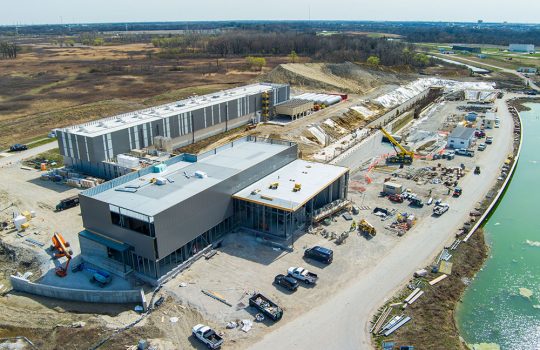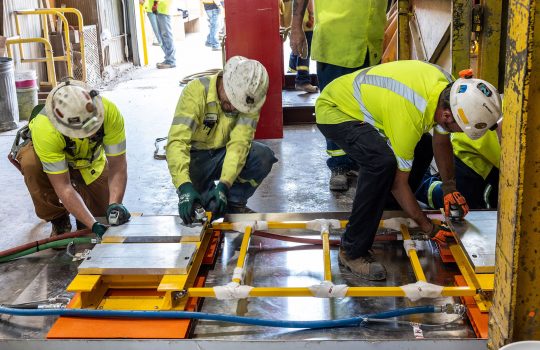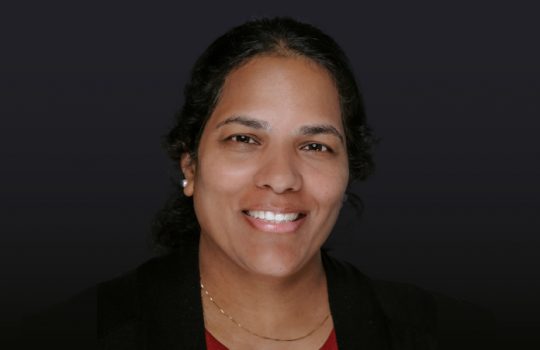Scientists in a race to discover why our Universe exists
BBC, May 19, 2025
The BBC covers how the Deep Underground Neutrino Experiment will study the change in neutrinos and anti-neutrinos as they travel 800-miles from Fermilab in Illinois to SURF in South Dakota.




